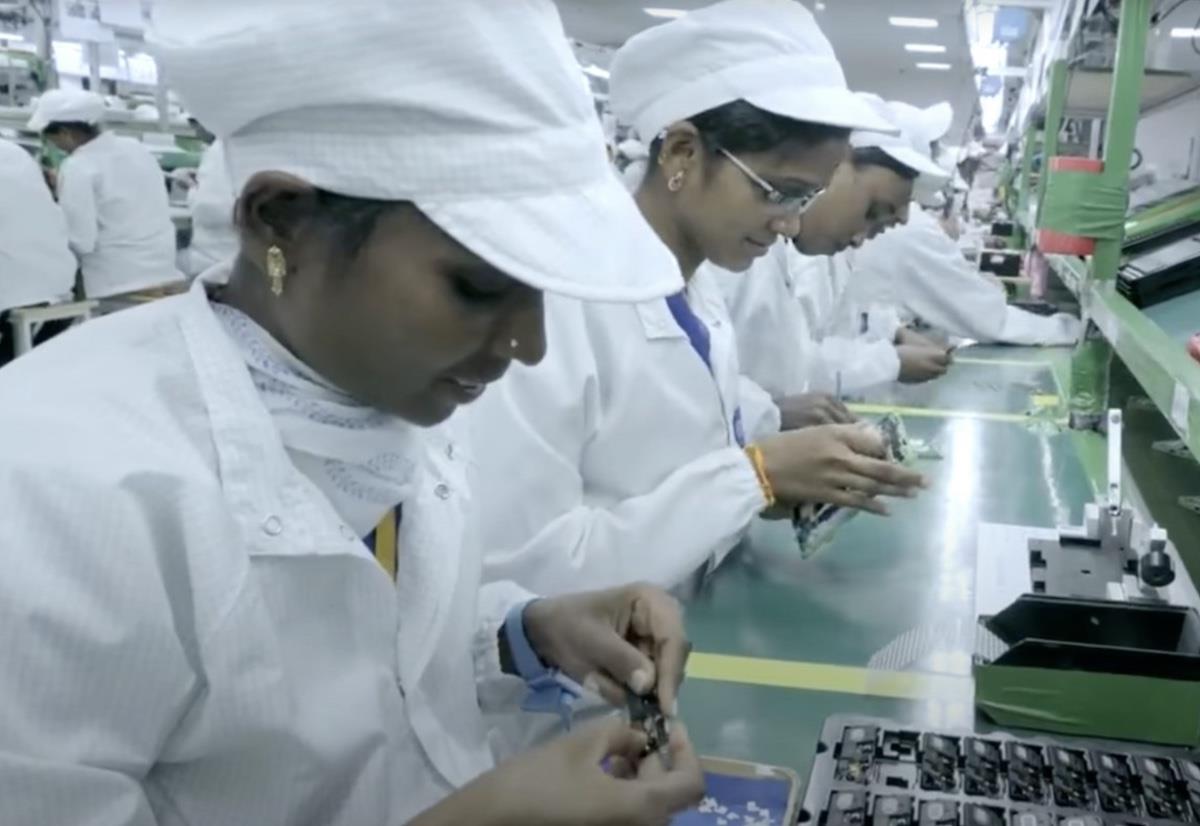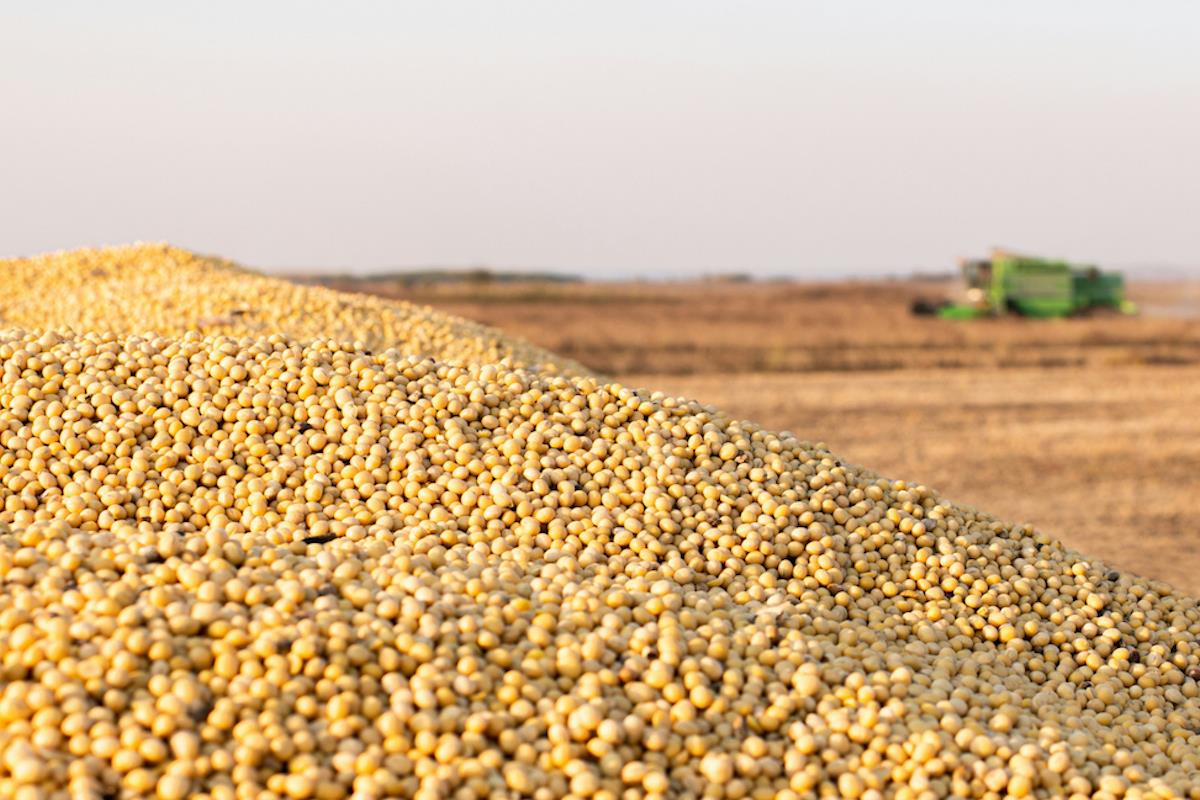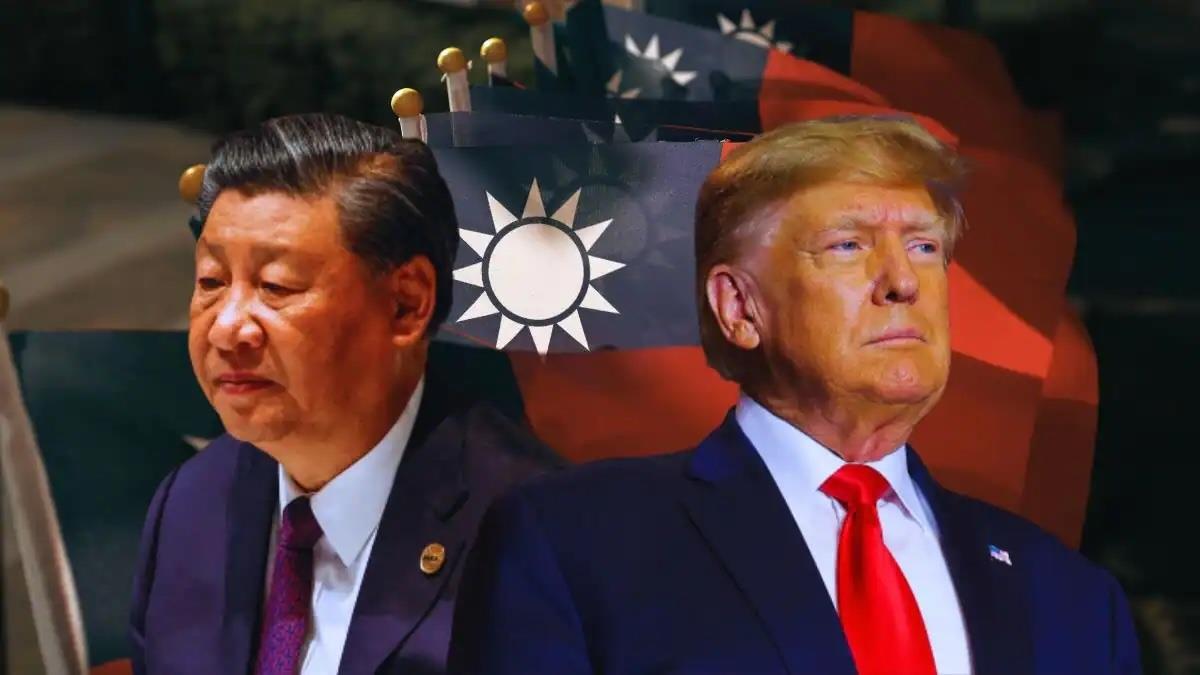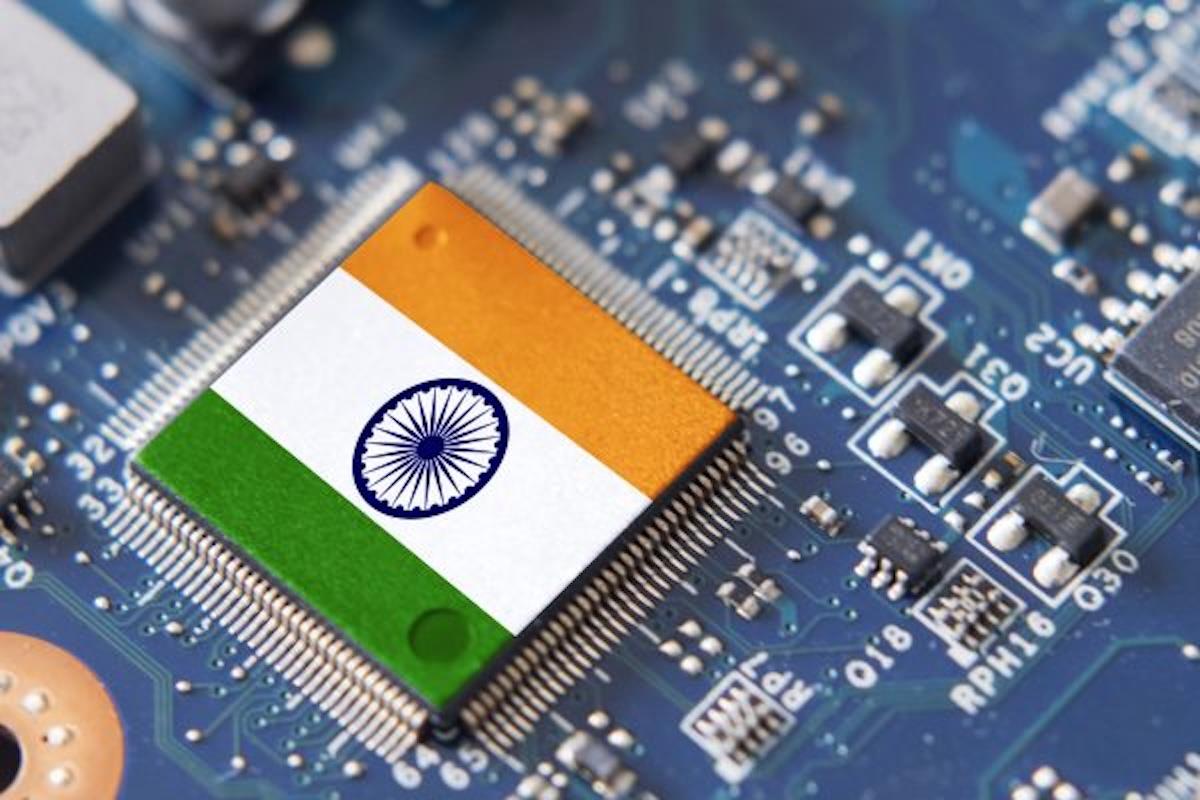
Trump's Tariffs Throw South Asia Under The Globalization Bus
The Bank now projects South Asia's growth to slow from 6.4% to 5.8% in 2026, attributing the dip primarily to a surge in US tariffs and the cascading effects of Washington's revived trade nationalism under President Donald Trump.
The numbers tell a story of friction, but the deeper narrative is about power and vulnerability in an age of geopolitical egoism. The very global economy that South Asia helped fuel with low-cost labor and nimble manufacturing is now turning on it.
The US has imposed sweeping tariffs on South Asia - 50% on most Indian imports, 20% on Bangladeshi goods, and 20% on Sri Lankan exports. The justification is variously to punish nations for trading with Russia or for running persistent surpluses with the US.
Yet, as with so many blunt instruments in economic diplomacy, these measures hit the innocent harder than the intended targets.
The US's protectionist tactics are not the first time the country has tried to take advantage. The Smoot-Hawley Tariff Act of 1930 raised tariffs on over 20,000 imported goods in the name of protecting American jobs and punishing unfair traders.
The result was catastrophic: global trade collapsed by nearly 70% within two years, worsening the Great Depression and fueling political extremism worldwide.
Today's economy is more complex and interlinked. Historically, trade barriers rarely have succeeded in achieving their goals; rather, they invited retaliation, distorted supply chains and created uncertainty.
But Trump's tariff war is happening at a time when the world is polarized by the Ukraine war, US-China rivalry and growing mistrust in multilateral institutions like the World Trade Organization (WTO).
India's balancing actAmong South Asian economies, India remains the most resilient. The World Bank expects it to retain its title as the world's fastest-growing major economy - a tribute to its large domestic market, youthful demographics, strong consumption and digital transformation. Yet the shine is fading at the edges.

Legal Disclaimer:
MENAFN provides the
information “as is” without warranty of any kind. We do not accept
any responsibility or liability for the accuracy, content, images,
videos, licenses, completeness, legality, or reliability of the information
contained in this article. If you have any complaints or copyright
issues related to this article, kindly contact the provider above.






















Comments
No comment